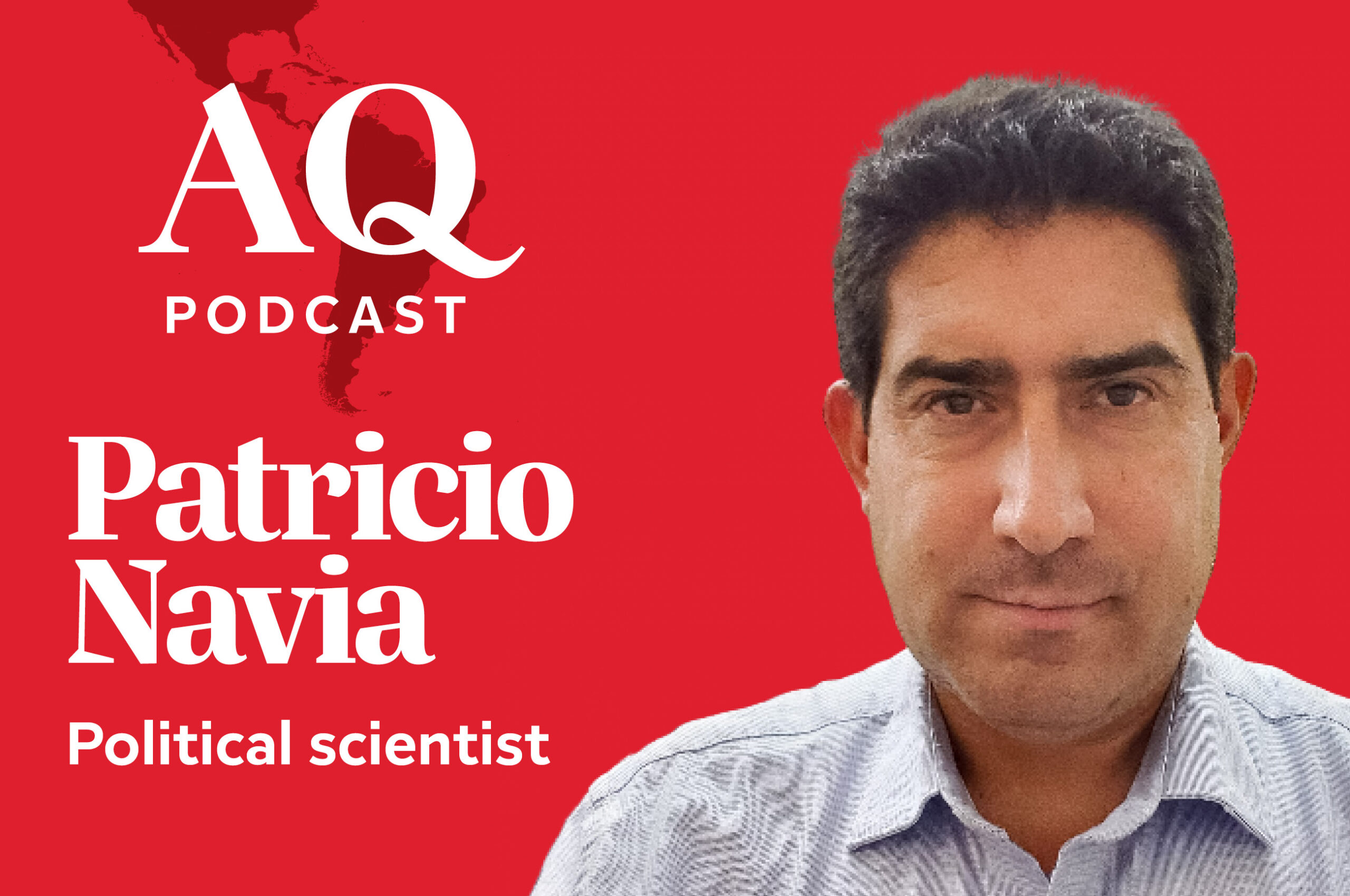Chileans head to the polls this Sunday, November 16. In the last election cycle, Gabriel Boric won following the massive 2019 protests that shook the nation to its core. At the time, it seemed Chile was set for sweeping structural change: the classic poster child for neoliberal economic policy in Latin America appeared ready to build a stronger welfare state and elect leaders from the left. Six years later, some change has occurred, but not nearly as dramatic as many expected. Efforts to rewrite the constitution were aborted twice, and the young leftist president, Gabriel Boric, is leaving office with an approval rating of just 30%. Chileans have turned their attention to other issues, especially crime, which has worsened notably over the past decade. The widespread expectation is that voters will opt for a change in power, and that Chile will join several other Latin American countries swinging to the right.
In this episode, we speak with Patricio Navia, a Chilean political scientist, about what this could mean for Chile’s economy and strategic alliances. Navia is a professor at both New York University and Universidad Diego Portales.
Listen to this episode and subscribe to The Americas Quarterly Podcast on Apple, Spotify and other platforms
Guest:
Patricio Navia is a political scientist and a professor at both New York University and at Universidad Diego Portales.
Host:
Brian Winter is editor-in-chief of Americas Quarterly
If you would like to know more:
Chile: Meet the Candidates 2025 by Emilie Sweigart
Chile’s Right is Gaining Momentum by Graciela Ibáñez
Chile’s Left-Wing Primary Surprise by Nicolás Saldías
Momentum for Red Tape Reform in Chile Picks Up by Richard M. Sanders





